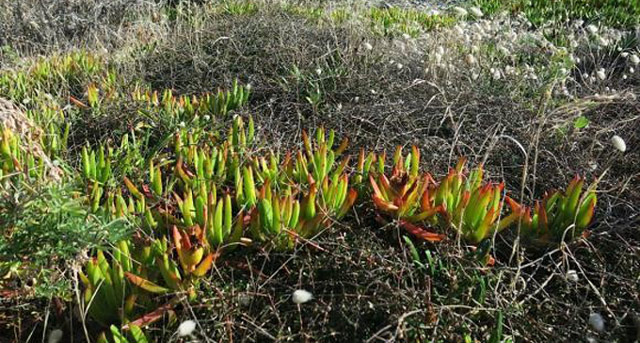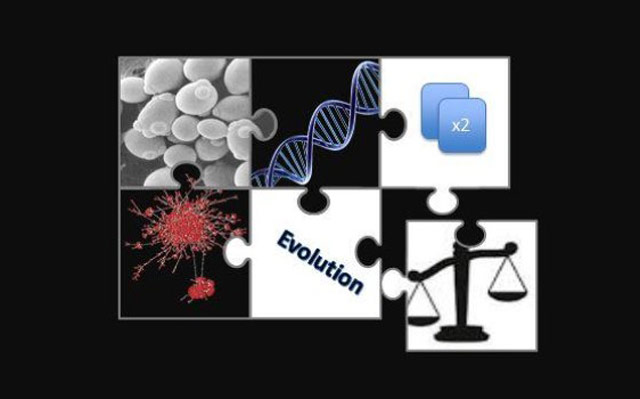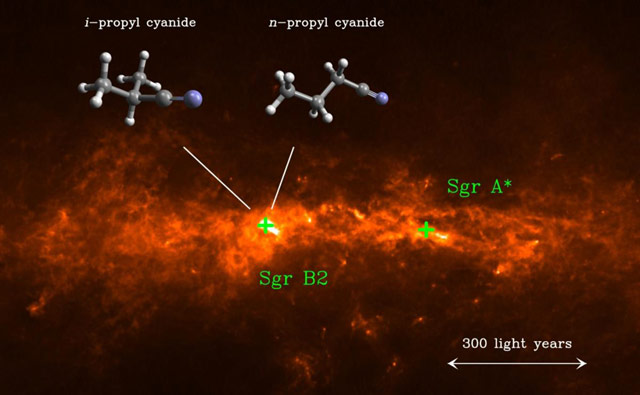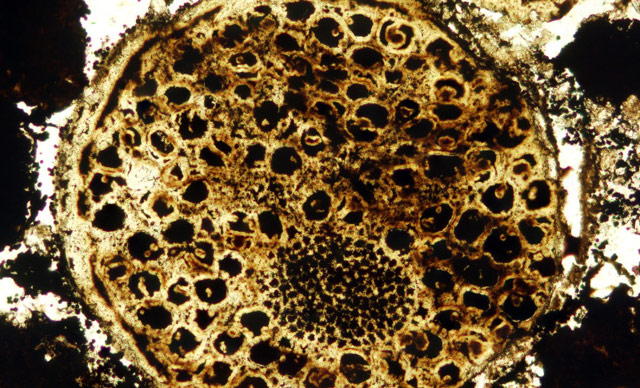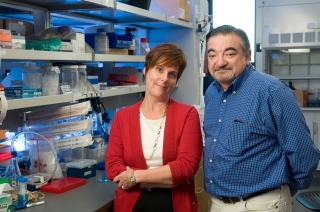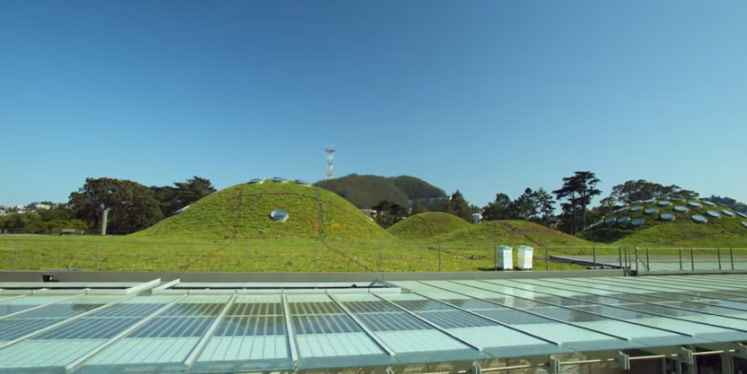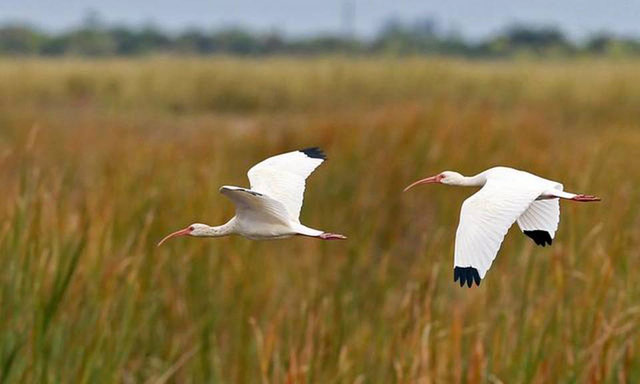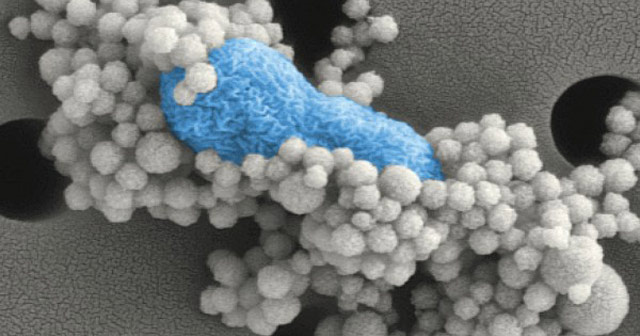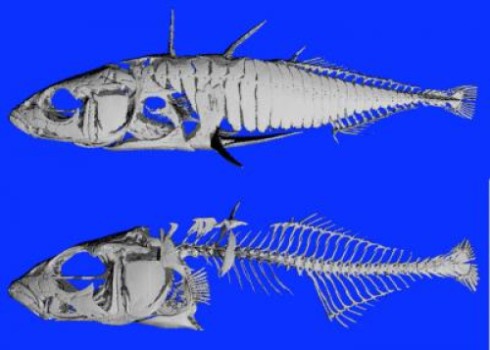Dov Sax of Brown University and Jason Fridley of Syracuse University aren't proposing a novel idea to explain species invasiveness. In fact, Charles Darwin articulated it first. What's new about Sax and Fridley's "Evolutionary Imbalance Hypothesis" (EIH) is that they've tested it using quantifiable evidence and report in Global Ecology and Biogeography that the EIH works well.…
Read more
On invasive species, Darwin had it right all along, study shows
